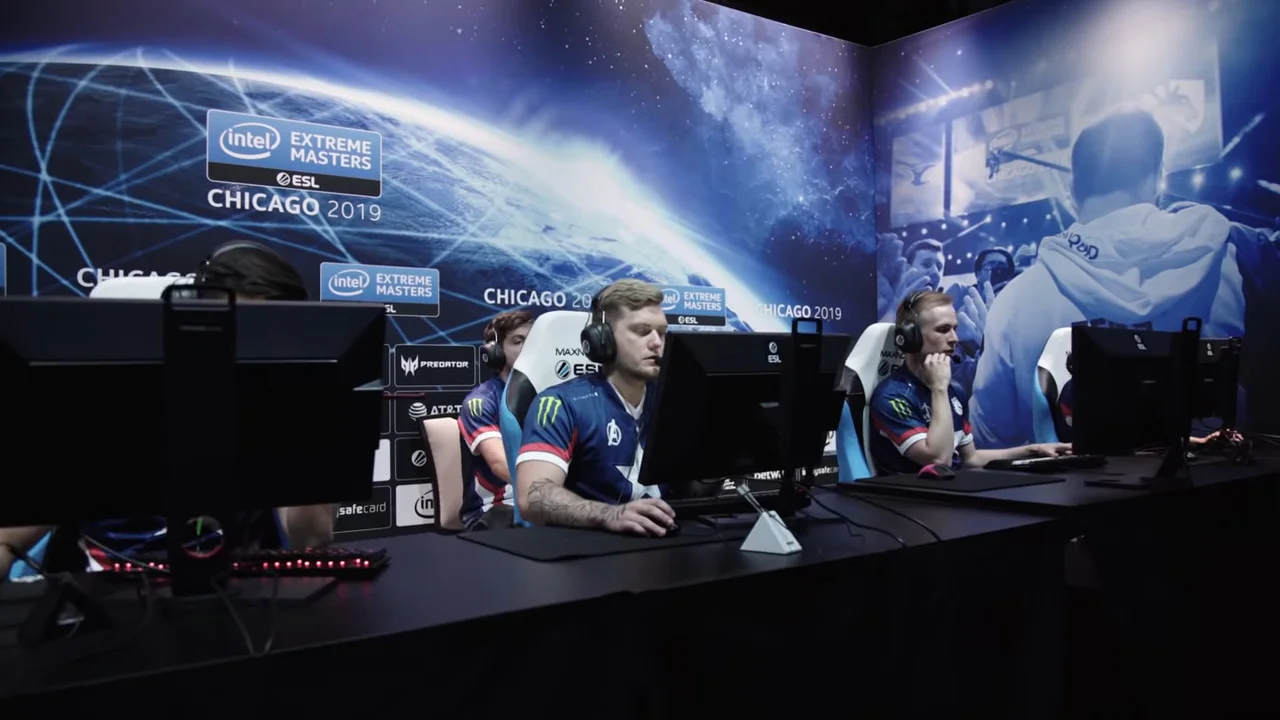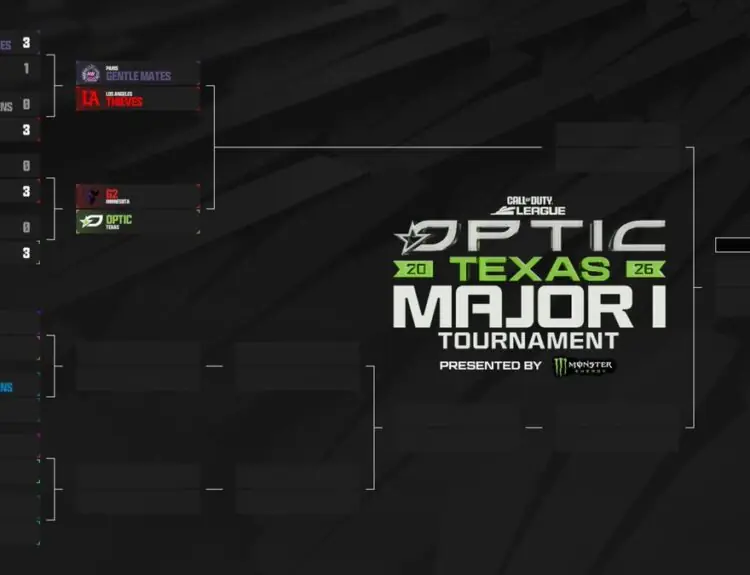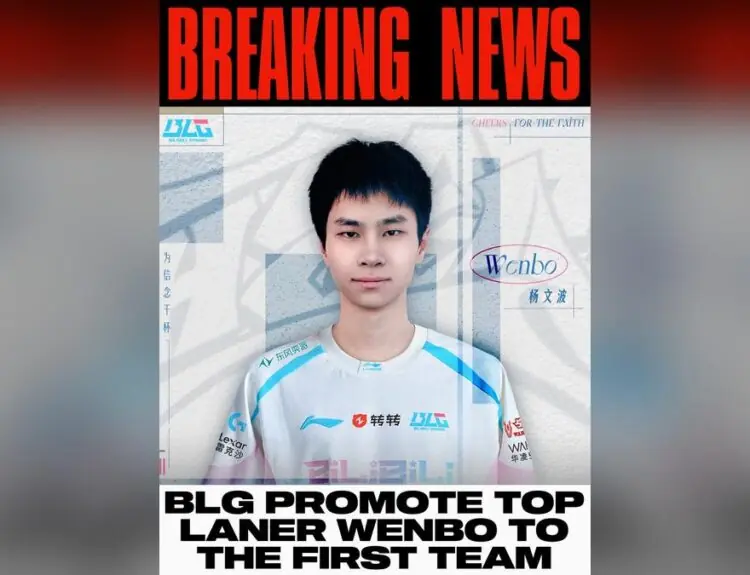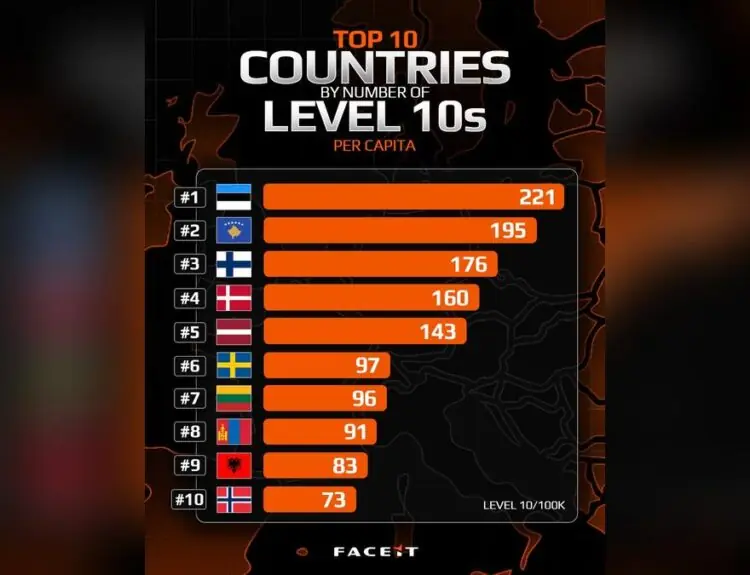What a massive surprise: on the internet, nuance is dead and everyone is more than willing to jump down the throat of anyone that is guilty of wrong-think.
In a world that is overflowing with various shades of gray, it’s far simpler to look at life as either black or white, wrong or right, and everything that involves thought, context, and empathy gets cast wayside as being far too difficult to figure out at a mere glance.
While this has led to the popularity of ‘cancel-culture’ and people seemingly sleeping with pitchforks within arms reach, it has also led to multiple prominent members of the community being readily misrepresented for a few cheap clicks.
Yet we’re perhaps getting too far ahead of ourselves.
On September 22 Team Liquid faced off against Evil Geniuses for ESL Pro League Season 12 NA in an early morning match that began 1000 EST; Liquid was clean swept in the Bo3.
Following the match, Jake Yip sent out a tweet in his standard blunt manner.
FUCK 10AM matches, that's all.
— Jake (@Stewie) September 22, 2020
This tweet turned out to be a catalyst for thousands of players, fans, and analysts all jumping on the hate-train to stupidity, levying accusations towards the Liquid IGL for not being professional enough and complaining about his career path; completely missing the point.
It's the fact that he's in a very lucky position and complains about something so minor.
— Appetight (@AppetightYT) September 22, 2020
The professional Counter-Strike scene, at the moment, is filled to the brim with never-ending matches. Almost daily, we see two top-ten teams contend in furious matches in an online environment where the best of the title compete.
I’m so happy to be waking up at 10 am to be playing the game I love!
— autimatic (@autimaticTV) September 22, 2020
These matches can occur at any time, for any tournament organizer: there is no sorting of what leagues play at what time, and professional teams need to compete in the vast majority of them around the clock. This leads to some teams playing for over 16 hours a day, has brought out the CSPPA attempting to advocate for player rest, and (of course) multiple players taking extended breaks from the scene.
How hard is it to understand pros are on a schedule, Every NA Team as far as i'm aware starts at 1130 or 12 PST. Being expected to perform at your best 2 hours before you typically are focused and ready to play CS is going to make people upset.
— Anthony (@Vanityxz) September 22, 2020
Tournament Organizers, however, aren’t entirely too interested: the more matches they can offer at any given time, the more views they can get, which convert into advertising and funding.
Teams are struggling to find times to practice, still need to maintain organization-enforced streaming levels (which is not a constant for every org, but does exist within professional CS), play the matches, and have an opportunity to find time for themselves away from the public eye.
Instead of having this conversation, however, filled with nuance, everyone instead jumped at what appeared to be an easy opportunity to bring a player down a few pegs.







